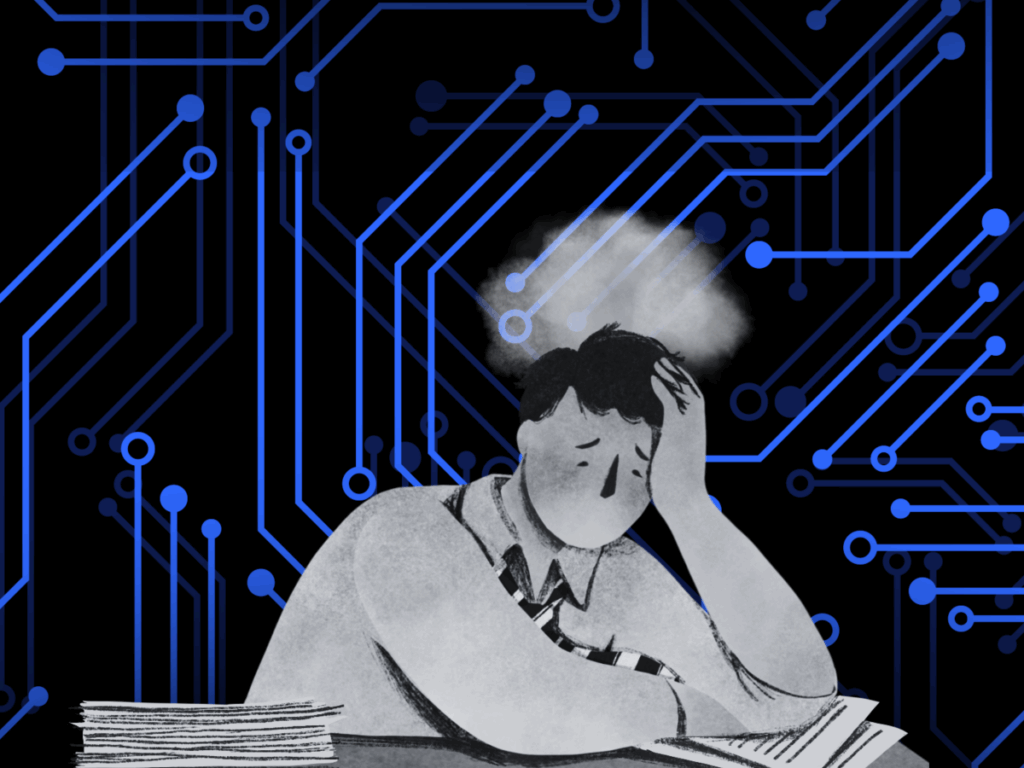Quiet cracking fuels debate on AI mental health role
Instead of quitting, some workers quietly endure stress and dissatisfaction, a pattern known as quiet cracking, with AI emerging as a possible aid.

A new workplace trend known as ‘quiet cracking’ describes employees who stay in their roles while feeling increasingly disengaged and emotionally drained.
Unlike quitting, where workers reduce effort, quiet cracking refers to those who continue to meet expectations yet feel like they are breaking inside.
Experts say the phenomenon usually develops gradually, with workers reporting fatigue, stress and frustration instead of open dissatisfaction. Many feel unable to speak up for fear of losing their job or facing uncertainty in the broader labour market, leaving them silent.
Critics argue that labelling such behaviour risks encouraging weakness instead of resilience, but supporters warn that ignoring the issue may worsen mental health challenges.
Some workers are turning to AI for support instead of seeking human assistance. Generative AI tools offer low-cost and constant access for advice and empathetic responses.
Advocates suggest AI could expand mental health support where professionals are scarce, while opponents caution that relying on AI instead of qualified therapists could carry significant risks.
Whether quiet cracking becomes a lasting workplace concern or fades as a passing trend remains uncertain, for now, it highlights the growing debate about how technology might play a role in addressing modern mental health struggles.
Would you like to learn more about AI, tech and digital diplomacy? If so, ask our Diplo chatbot!
